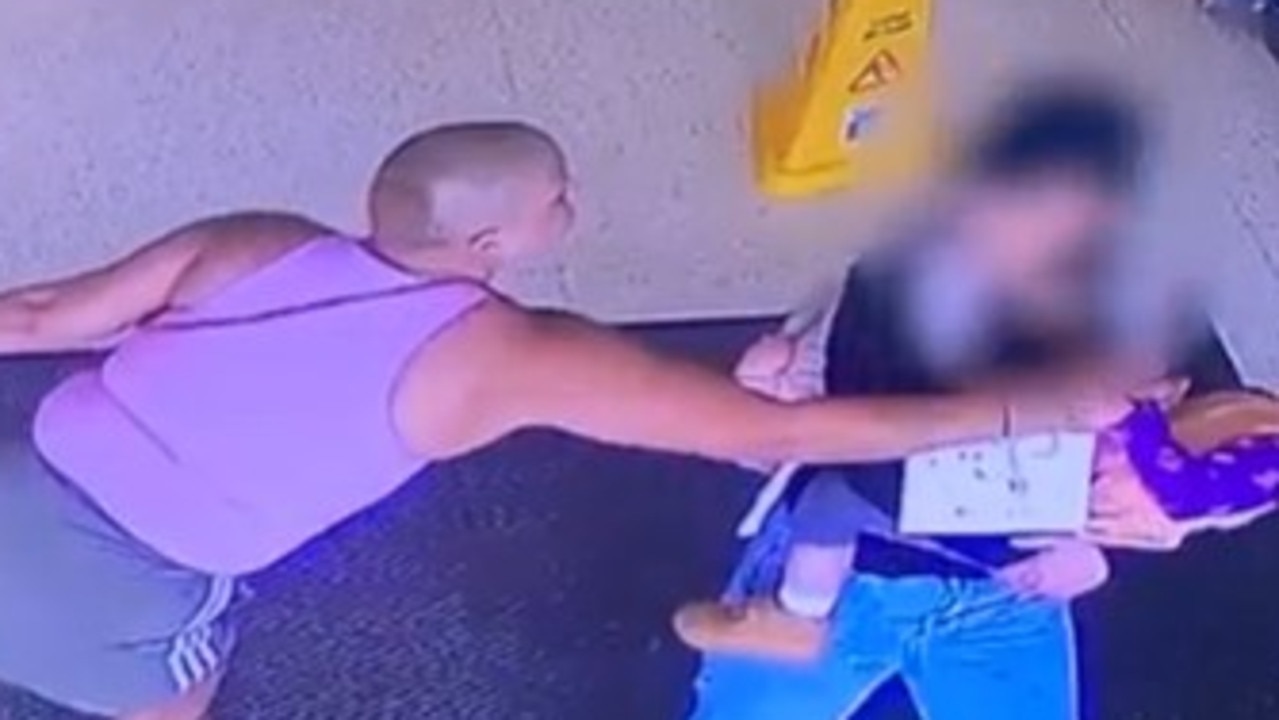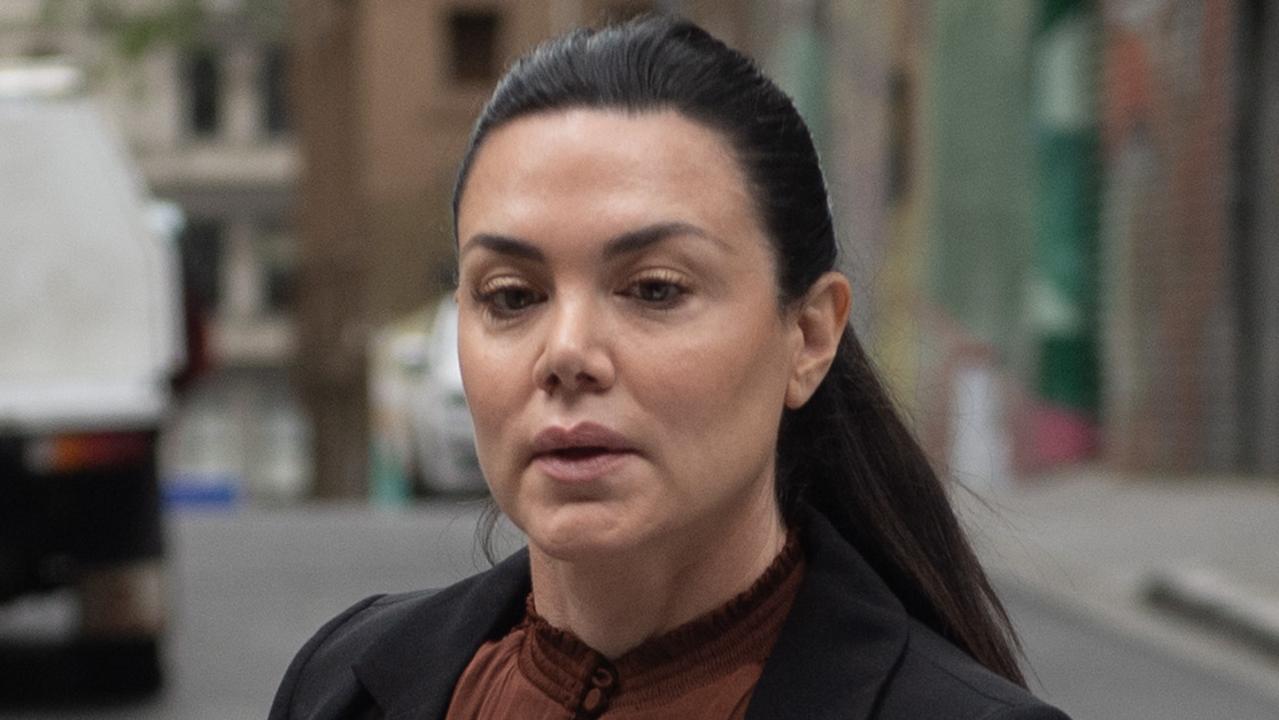Facebook braces for federal election misinformation, hiring new Australian fact-checkers
Facebook will employ more Aussie fact-checkers in the lead-up to the federal election amid fears voters will be targeted.
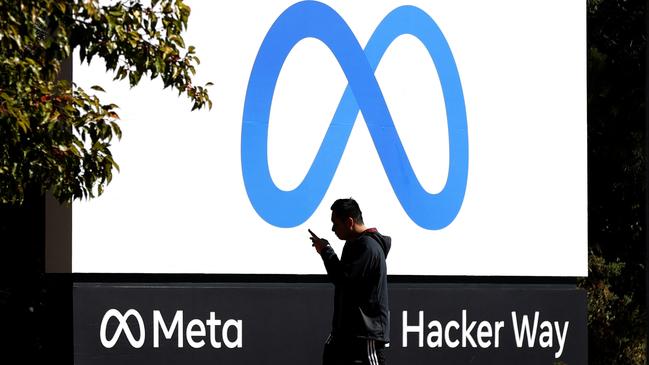
National
Don't miss out on the headlines from National. Followed categories will be added to My News.
Facebook will employ more Australian fact-checkers to identify misleading viral posts and foreign political interference in the lead-up to the May federal election amid fears Australian voters will be targeted.
The tech giant’s parent company, Meta, revealed a suite of measures to counter misinformation and disinformation across Facebook and Instagram on Tuesday, including multilingual education campaigns and assistance to prevent political candidates being hacked.
Social media experts welcomed the changes but said there was still more work to be done to reduce the risk of election interference online.
Meta Australia public policy head Josh Machin said the multibillion-dollar firm had “been preparing for this year’s Australian election for a long time” and revealed it would employ RMIT FactLab as a third fact-checking organisation for Australian Facebook content.
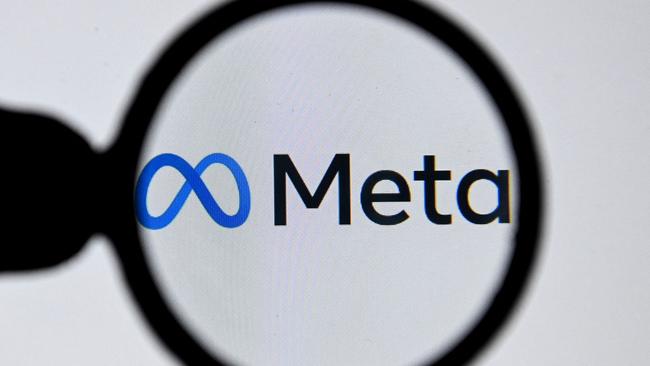
The group, which will join Agence France Presse and Australian Associated Press in investigating Australian content, will review and rate posts flagged as potentially misleading.
Misinformation and disinformation would not automatically be removed from the site once checked, Mr Machin said, but would be demoted.
“When they rate something as false, we significantly reduce its distribution so fewer people see it,” he said.
“We also notify people who try to share something rated as false and add a warning label with a link to a debunking article.”
RMIT FactLab director Russell Skelton said the company had employed six journalism graduates to staff the initiative.
“If we can play a role in preventing the dissemination of misinformation on social media that has the potential to mislead or harm then we see that as providing a really critical service,” he said.
Other pre-election measures would include an education campaign encouraging users to ‘Check the facts’ that would be translated into Vietnamese, simplified Chinese and Arabic, fact-checking tips for influencers, and security assistance for “candidates and public officials” to ensure their accounts were not hacked.
Swinburne University social media senior lecturer Dr Belinda Barnet welcomed the proactive action by Facebook, calling the changes “positive moves that might help to combat some of the misinformation” spreading on social media that could unfairly influence an election.
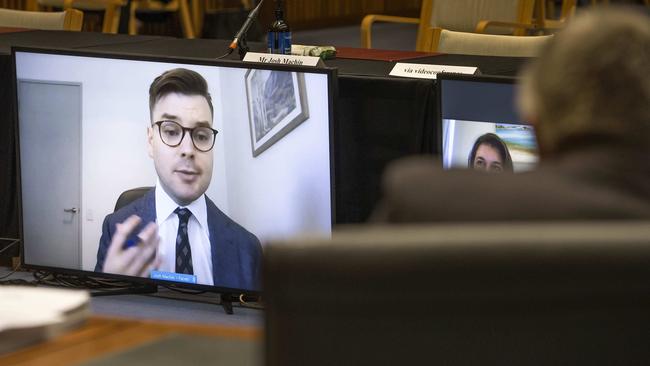
Dr Barnet said social media had proven an efficient way for bad actors to spread false news and harmful information in the past, including rumours about a “death tax” before the last federal election.
But she said Meta should also apply similar fact-checking to political advertising across its platforms to ensure it did not undo its good work.
“I’d like to see more rules apply to political advertising,” Dr Barnet said.
“It defeats the purpose completely and undermines what they’re trying to do if they’re not applying these rules to political ads on their platform.”
A recent experiment by Reset Australia found Facebook approved five ads with election disinformation to run on its platform within 24 hours.
Mr Machin later defended the company at a Senate hearing, saying the ads from Reset “did not go live” and would have faced further review if they had.
Facebook’s announcement comes one week after the Australian Electoral Commission launched a Disinformation Register on its website, debunking widespread lies circulating on social media, including “Australian voters who are not fully vaccinated will not be able to vote” and “postal voting is not secure”.
Australia’s upcoming federal election must be held by May 21, 2022.




